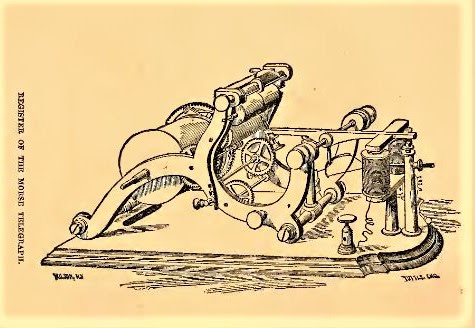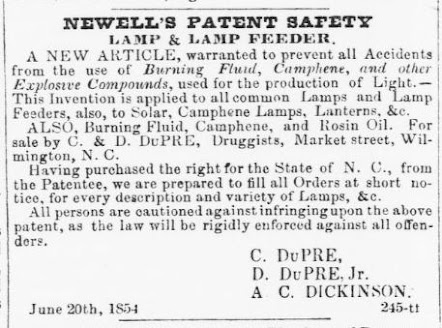IT'S 1848---AND THE INTERNET IS DOWN AGAIN!

Samuel Morse's telegraph Telegrams seem so old fashioned and fussy today. Younger readers have probably never even seen a real telegram. They might even believe "Morse Code" is a computer programming language. The telegraph was the internet of its day--only it caught on faster than the internet. Before the telegraph, n ews travelled slowly at three to five mile per hour , about as fast as a person can walk in an hour, or ride a horse on a good road. It is difficult to imagine in modern times the impact of "instant news" the telegraph made possible. The Post Office worried the telegraph would make mailing letters obsolete. English railroads had experimented with using a crude telegraph signal to operators of switches for train tracks. The idea of turning those signals into more sophisticated methods of conveying complex messages produced a variety of early types of telegraphs, all focused on printing out letters. A sender would have to use a piano like ke


